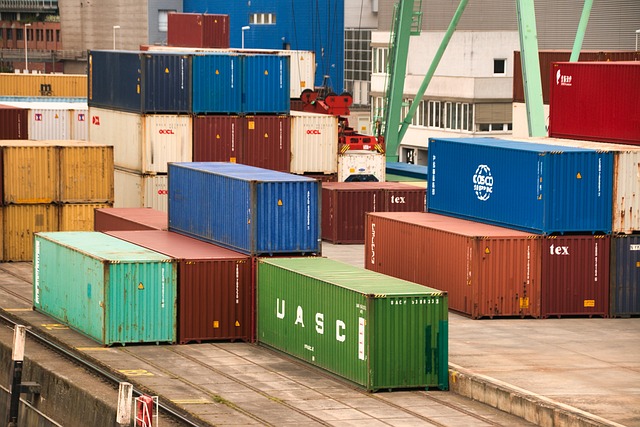-
Trade Secretary Alfredo Pascual delivered a strong message of commitment to the EU-Philippine partnership in trade and investment
-
GSP+ preferential trade status allows duty-free entry of 6,274 Philippine products into the European Union that EU threatened to rescind over former President Rodrigo Duterte’s bloody anti-drug campaign
-
Pascual has told the European Parliament that significant developments including the election of a new leadership indicate that the country is set on pursuing good governance
The Philippines has told a European Parliament committee in Brussels it is interested and willing to resume negotiations for a Free Trade Agreement with the EU, the Department of Trade and Industry said.
Trade Secretary Alfredo Pascual affirmed the country’s position on Oct. 27 before the EU Parliament Committee on International Trade, where he delivered a strong message of commitment to the EU-Philippine partnership in trade and investment.
The GSP+ preferential trade status allows duty-free entry of 6,274 Philippine products into the European Union, aside from European investment and aid to the country. However, relations soured during the time of President Rodrigo Duterte over the latter’s signature bloody against drugs and move to restore the death penalty.
Pascual travelled to Brussels, site of the European Parliament, to make a presentation to the committee during the critical last month of the EU’s monitoring process for renewing the Philippines GSP+ preferential status, DTI said.
“Manifesting willingness to work closely with the EU, Secretary Pascual highlighted EU-GSP+ support in improving bilateral relations and socio-economic development in the Philippines, as well as policies and programs of the new administration that reaffirms the country’s compliance with international conventions,” DTI said.
In the Generalized Scheme of Preferences Plus (GSP+), the EU grants the Philippines zero tariffs on 6,274 products or 66% of all its tariff lines, for as long as the country upholds its commitments under the GSP+ select 27 international conventions on human rights, labor, good governance, and environment.
“The Philippines is an attractive investment destination given its solid macroeconomic fundamentals, enabling policy environment, and young and trainable workforce,” Pascual said.
“With a stable and predictable political regime, our country is well-positioned in the Indo-Pacific to become a regional hub for manufacturing, innovation, training, and education.”
DTI said in a statement that since the Philippines’ successful application to the GSP+ in 2014, the country has benefited from increased market access to the EU. Since then, Philippine exports to the EU have risen from €5.3 billion in 2014, under the standard GSP, to €7.77 billion in 2021.
The Philippines recorded in 2021 its highest utilization rate at 76% of total eligible exports, including tuna, processed fruits and spectacle lenses.
DTI stressed that the GSP+ has benefited EU companies as well, as they now invest in manufacturing in the Philippines to take advantage of the country’s extensive and expanding domestic market and its network of FTAs, which includes those with ASEAN.
The EU companies have also gained from the relatively lower cost of raw materials in the Philippines, DTI said.
Pascual cited the change in government leadership, transition to a preventive and rehabilitative anti-illegal drugs campaign, assurance of press freedom, and a vow to combat climate change as significant developments that indicate that the country is set on pursuing good governance and building back better.
“Given the foregoing and the values and principles we share, the Philippines remains interested and therefore ready to work toward the resumption of negotiations of the Philippine-EU Free Trade Agreement,” Pascual said.
“A 2020 study shows that 83% of German companies want to resume the FTA negotiations, citing huge potential for EU companies, with the FTA positively affecting competitiveness,” Pascual said.
In a commentary published by the Center for International Relations and Strategic Studies of the Foreign Service Institute, Uriel Galace said the Philippines’ bilateral ties with the EU “is one of its most longstanding and consequential relationships” that was disrupted by Duterte’s brand of leadership.
“The EU has harshly criticized the Duterte administration for its signature war on drugs. Moreover, the former has expressed misgivings about the latter’s attempts to legalize the death penalty and lower the criminal age of responsibility. In response, Duterte has rescinded European aid to the country to prevent it from being used by the EU as leverage to influence Manila’s internal affairs,” Galace wrote.
“As a result, the EU has threatened to impose economic sanctions on the country if it fails to address these concerns. In particular, it has threatened to withhold the Generalised Scheme of Preferences Plus (GSP+), a trade preference that allows the Philippines to export goods to the European market duty-free.”
RELATED READ: PH counters EU claims on human rights violations





